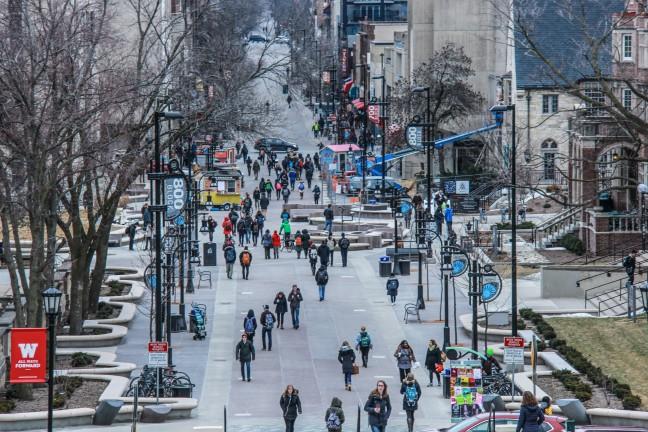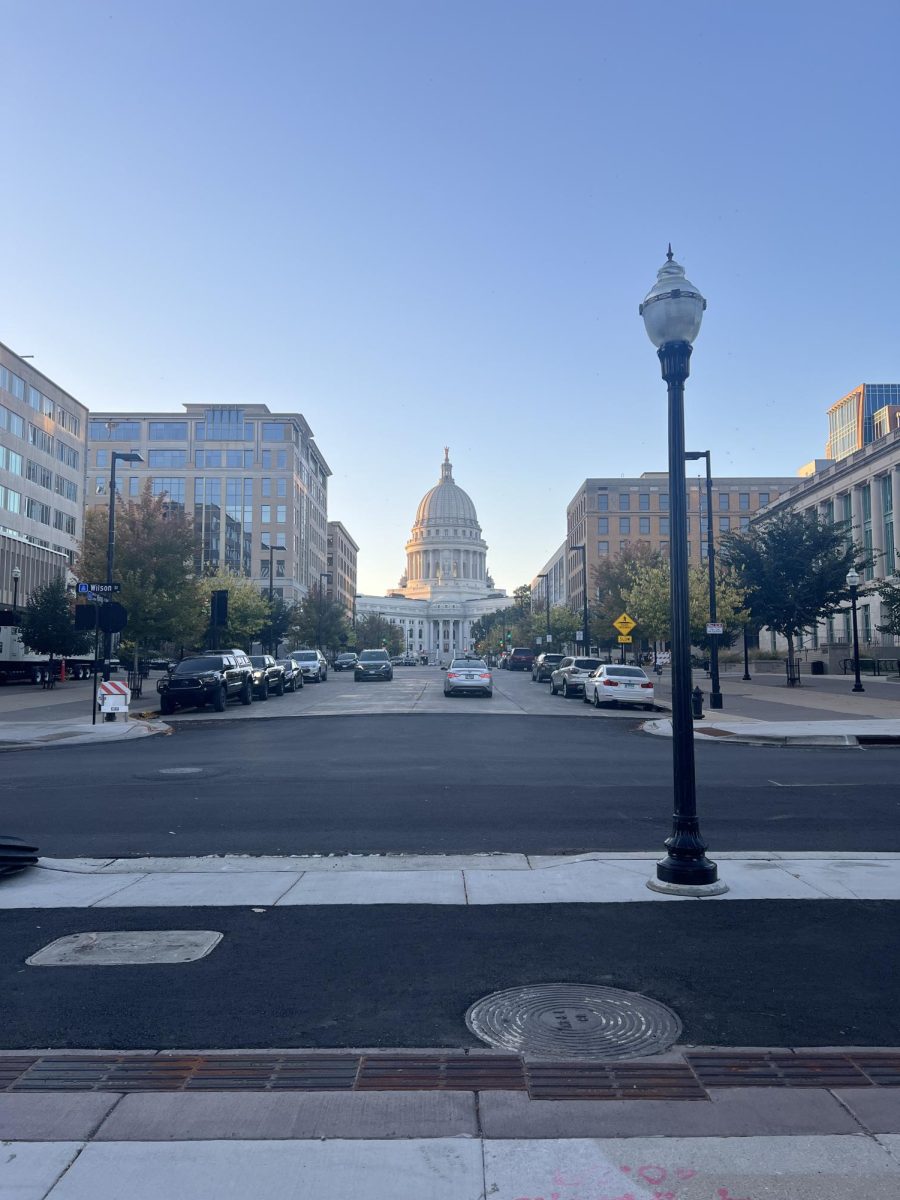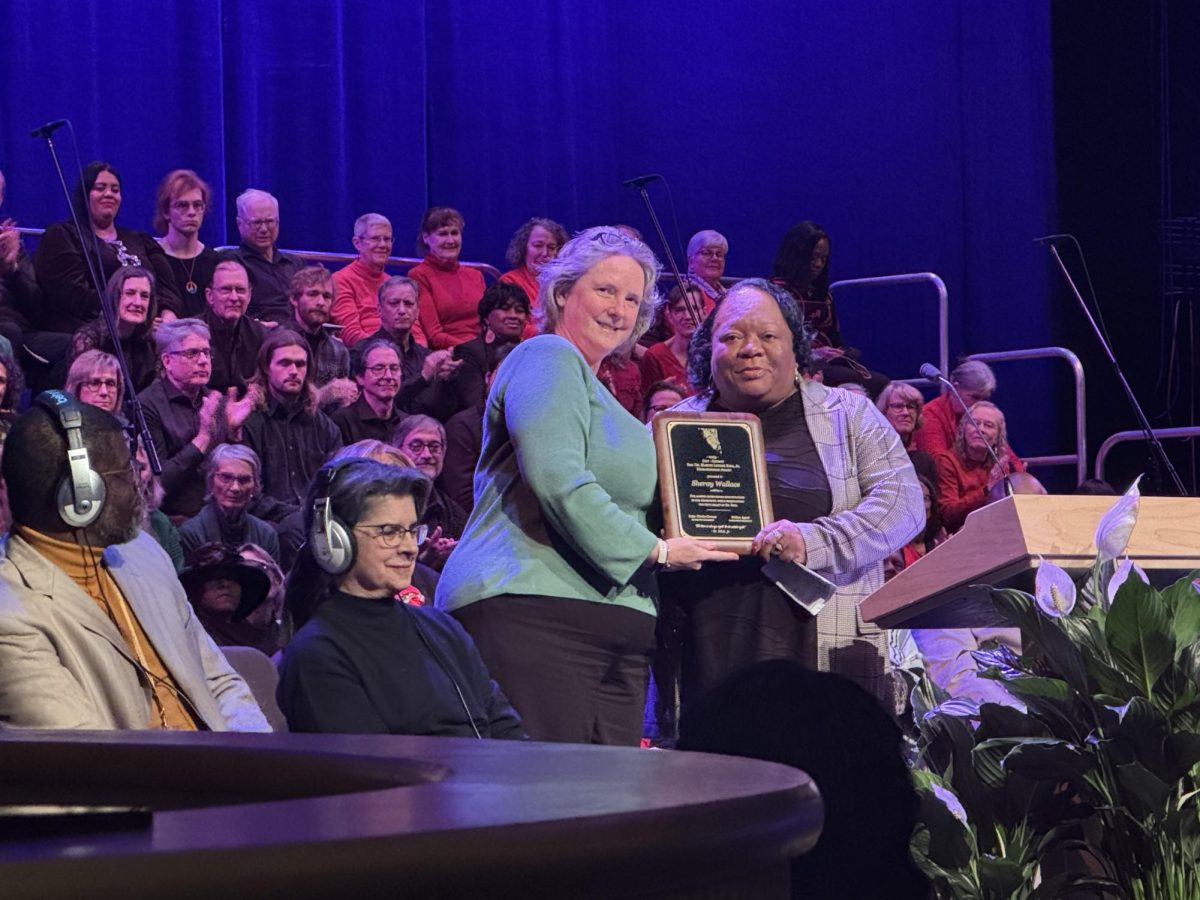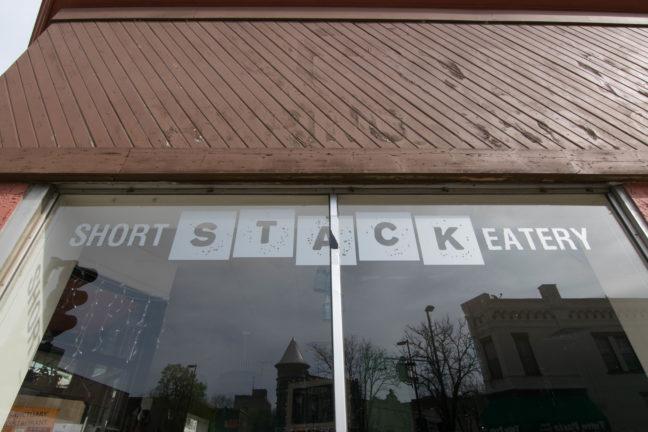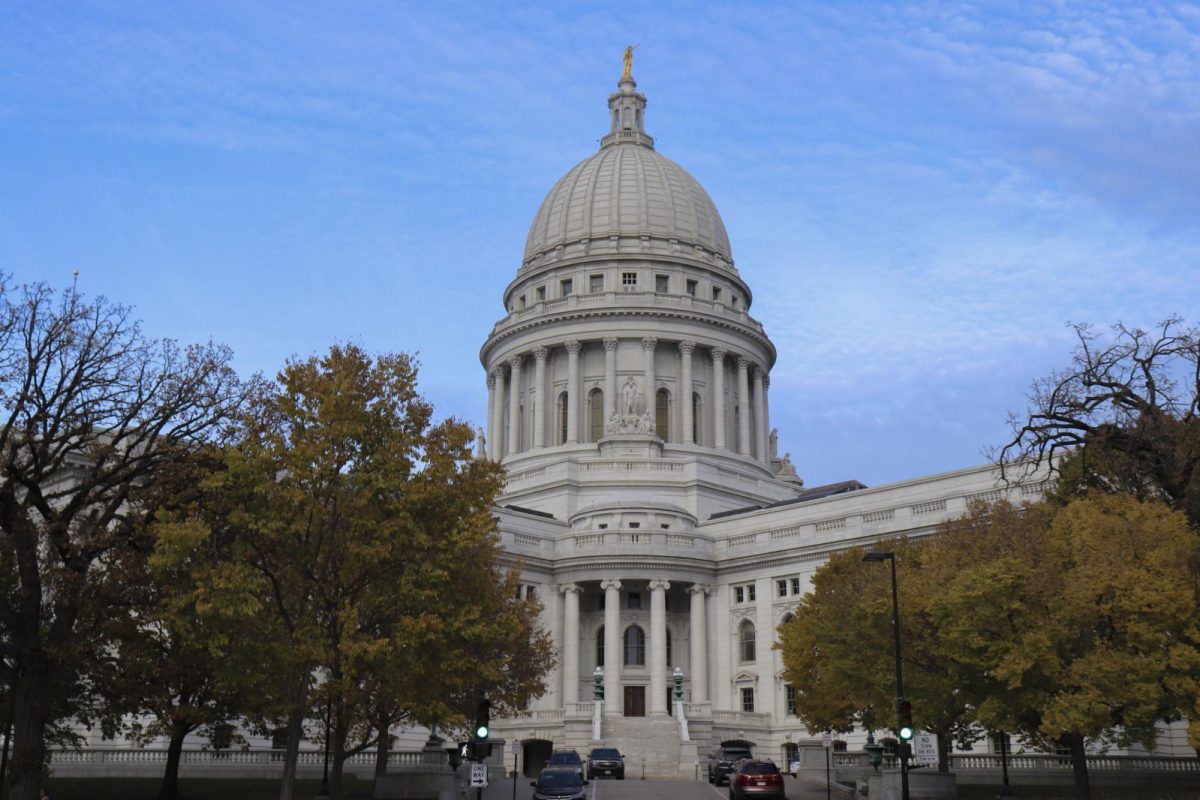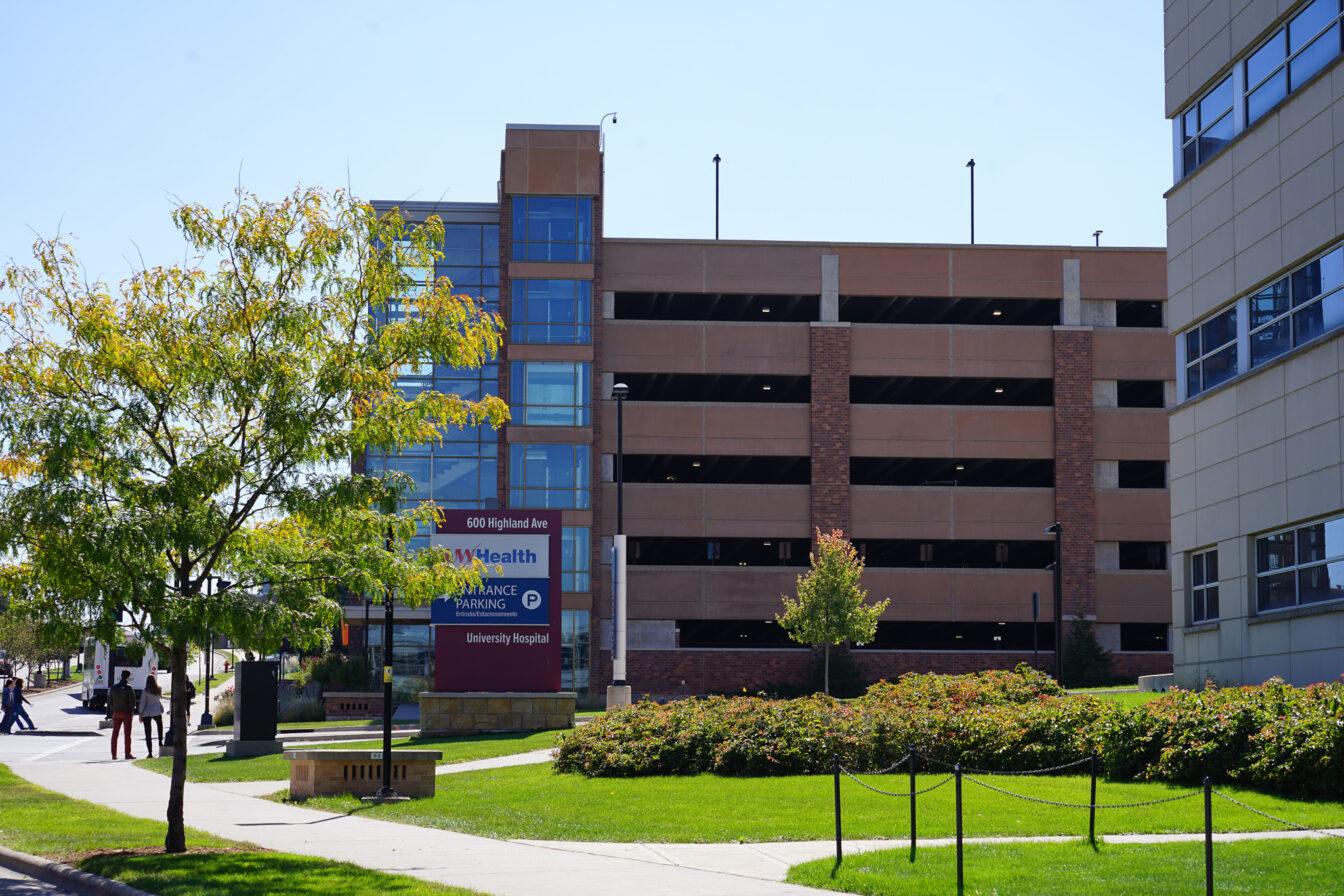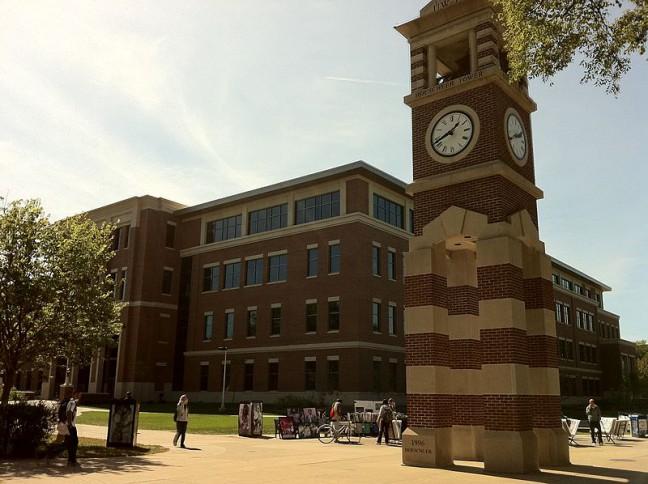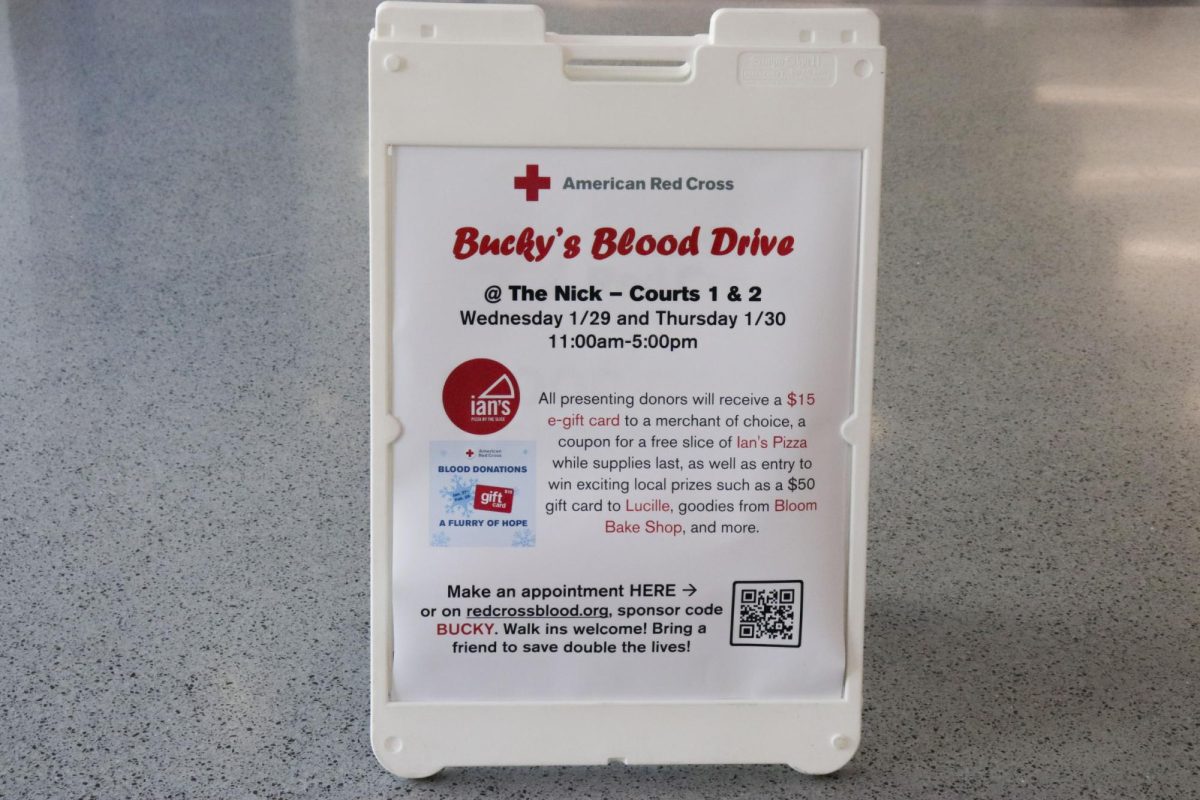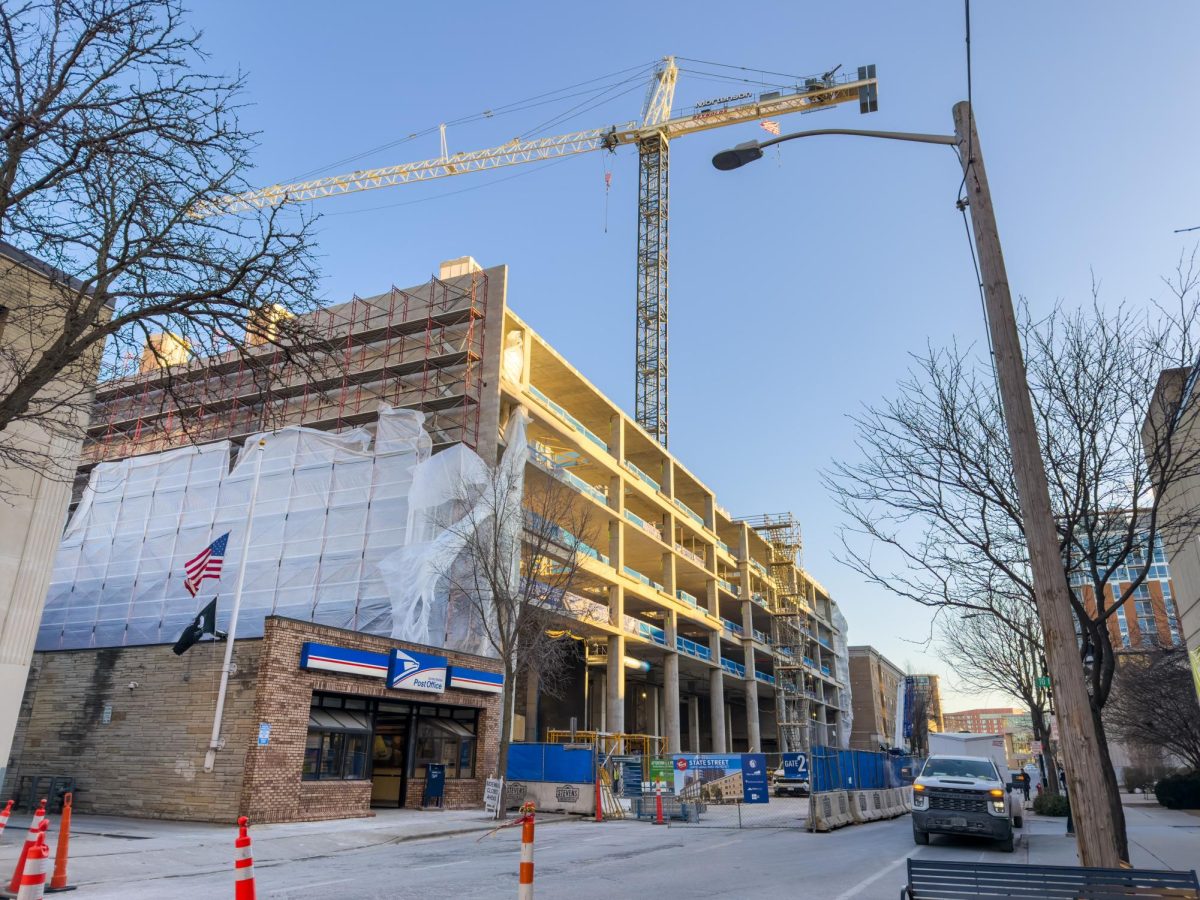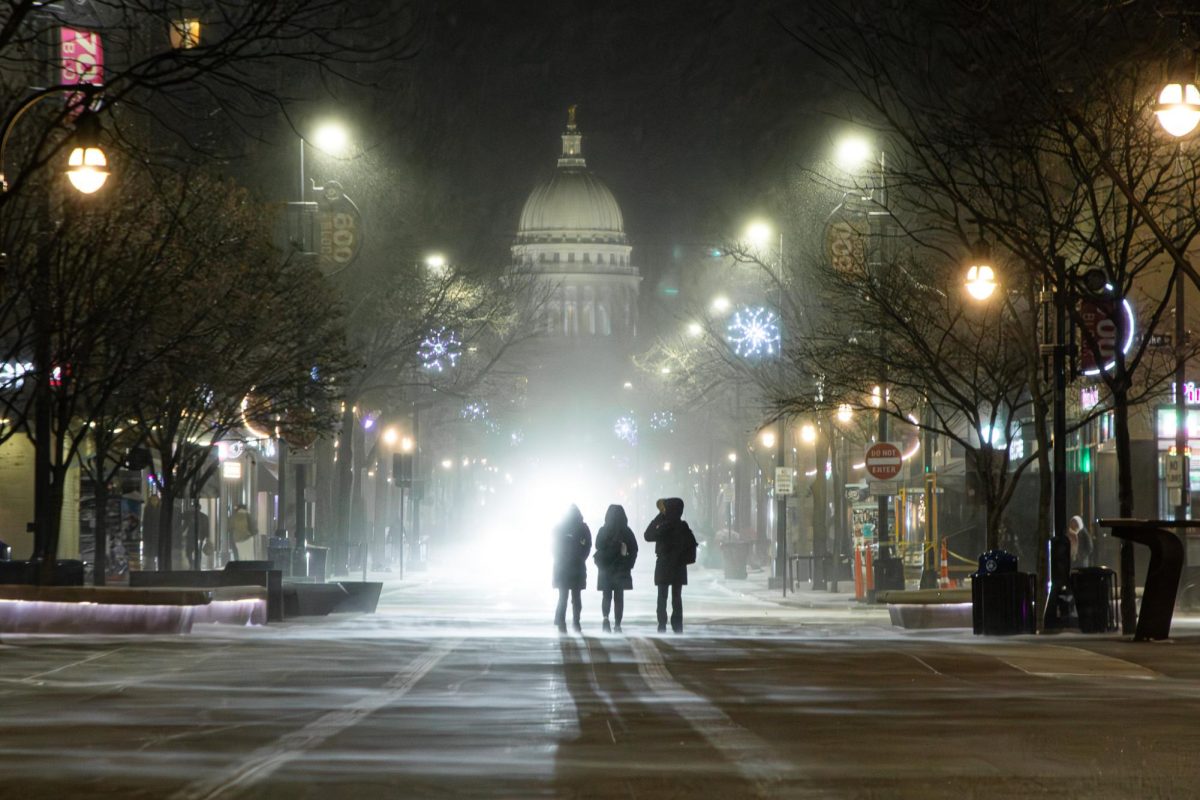The Dane County Board of Supervisors passed a resolution Thursday for the University of Wisconsin to move 100% online for the rest of the semester and shut down all residence halls.
The resolution passed with 24 in favor, nine opposed and four abstained. The resolution urges the university to take such action to stop the spread of COVID-19. The county board does not have the jurisdiction to command the university to follow the resolution’s guidance, but it will act as a call for UW to take action.
Dane County Supervisor Elena Haasl, D-5 introduced the resolution yesterday. Haasl is a current student at UW and represents the county district the university resides in.
Director of Community Relations Brenda Gonzalez, Vice Chancellor of Student Affairs Lori Reesor and Associate Vice Chancellor and Executive Director of University Health Services Jake Baggot spoke on behalf of the university.
“We continue to evaluate our options in light of this changing situation while the county board urges us to close residence halls,” Gonzalez said. “Given the low cases at UW-Madison, our extensive testing [and] our commitment to being a part of the Madison community, we do not believe it is prudent to ask students to go home.”
One of the biggest concerns brought forth by the supervisors at the meeting was UW’s lack of enforcement of COVID-19 safety precautions. Dane County Supervisor Michele Ritt, D-18, a mother of a UW student, claimed she saw a lack of accountability on campus for students who broke COVID-19 protocols.
In an interview with The Badger Herald, Dane County Supervisor Elizabeth Doyle expressed her support for the resolution as a necessity to contain COVID-19.
“I think we need to be doing as many activities virtually as possible just to keep those risks down and to just protect the health of our community because we’re seeing records being broken with the number of cases for the last few weeks,” Doyle said.
While Reesor claimed that nearly 600 students have been investigated for COVID-19 related misconduct — 20 under discussion for pending emergency suspension — Reesor said it impossible for the university to be aware of every single instance of broken policy.
Former Associated Students of Madison Chair Laura Downer and current Student Services Financial Committee Chair Tessa Riley were the other two registrars who opposed the resolution. Both stressed remote learning’s difficulty and how forcing on-campus students to return home would be impactical.
“I want to express my opposition to this resolution. I believe this does not serve the benefit of the students,” Downer said. “I, like many other students, find that remote learning is difficult. For clinical students it’s a detriment to their career.”
According to Reesor, about 55% of classes operated in-person at the beginning of the year. This number has been mostly recouped after a two week shift to 100% remote learning.
On the other hand, UW student Julian Nazareth expressed support for the resolution. Nazareth listed concerns about the unknown health effects of COVID-19 and the inevitability of its spread in busy residence halls.
“I completed an internship at Target Corporation 100% remotely and still learned a lot of valuable skills,” Nazareth said. “If corporations can work remotely, universities can.”
Cases in Dane County spiked after the return of students to campus. The university has been criticized for decisions to commence its Big Ten football season and resume in-person classes as cases continue to climb.
Dane County Sup. Heidi Weigletner specifically expressed a grievance against UW holding in-person classes while public schools in the county are completely virtual.
“We have kids in 4k, in kindergarten, young children that are not able to safely go to school, and yet the university is insisting on students having in-person classes,” Weigletner said. “That is so unthoughtful and disrespectful to the broader community here. We need to send a message that they need to reverse course.”
In a statement released by UW Chancellor Rebecca Blank following the meeting, the university maintained its stance to continue in-person classes.
Blank said sending students home and shifting to in-person classes would not be wise.
“As other universities have seen, student residents of Madison will make their own choices about where to live and study, separate from the modality of their courses,” Blank said in the statement.


